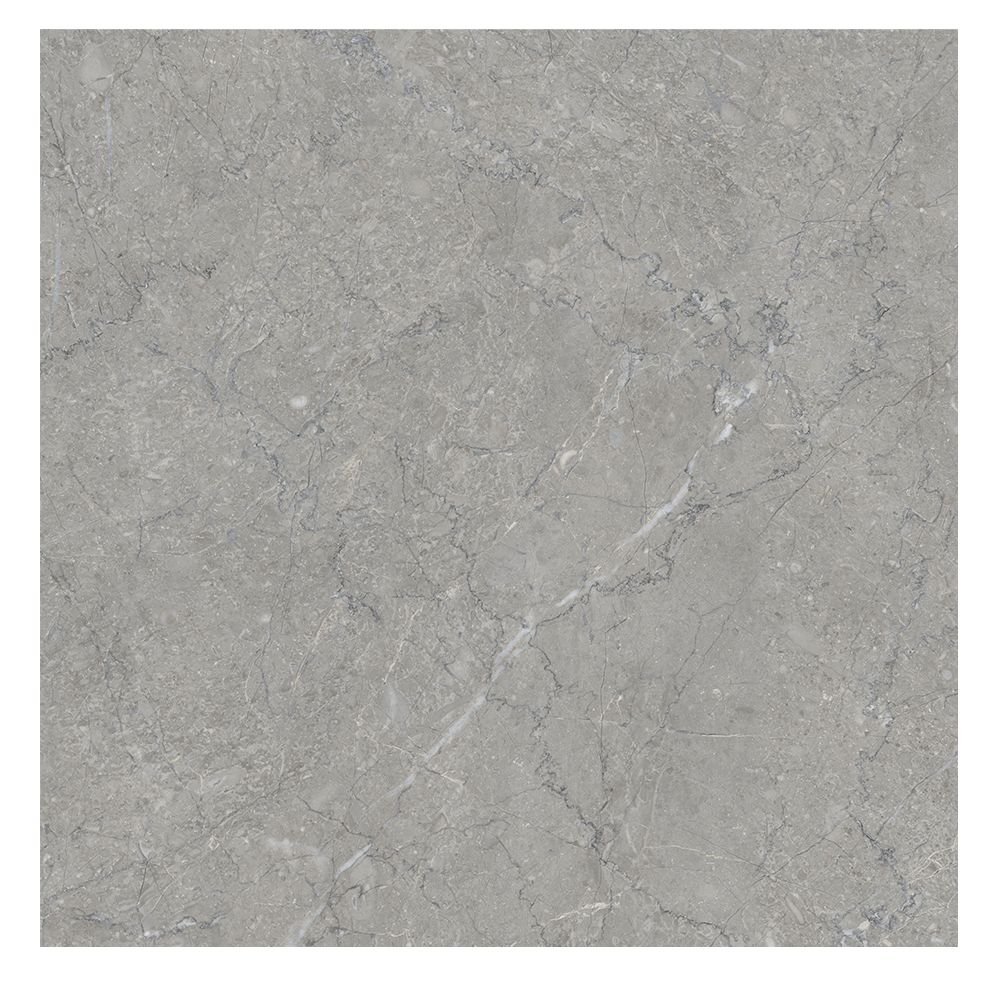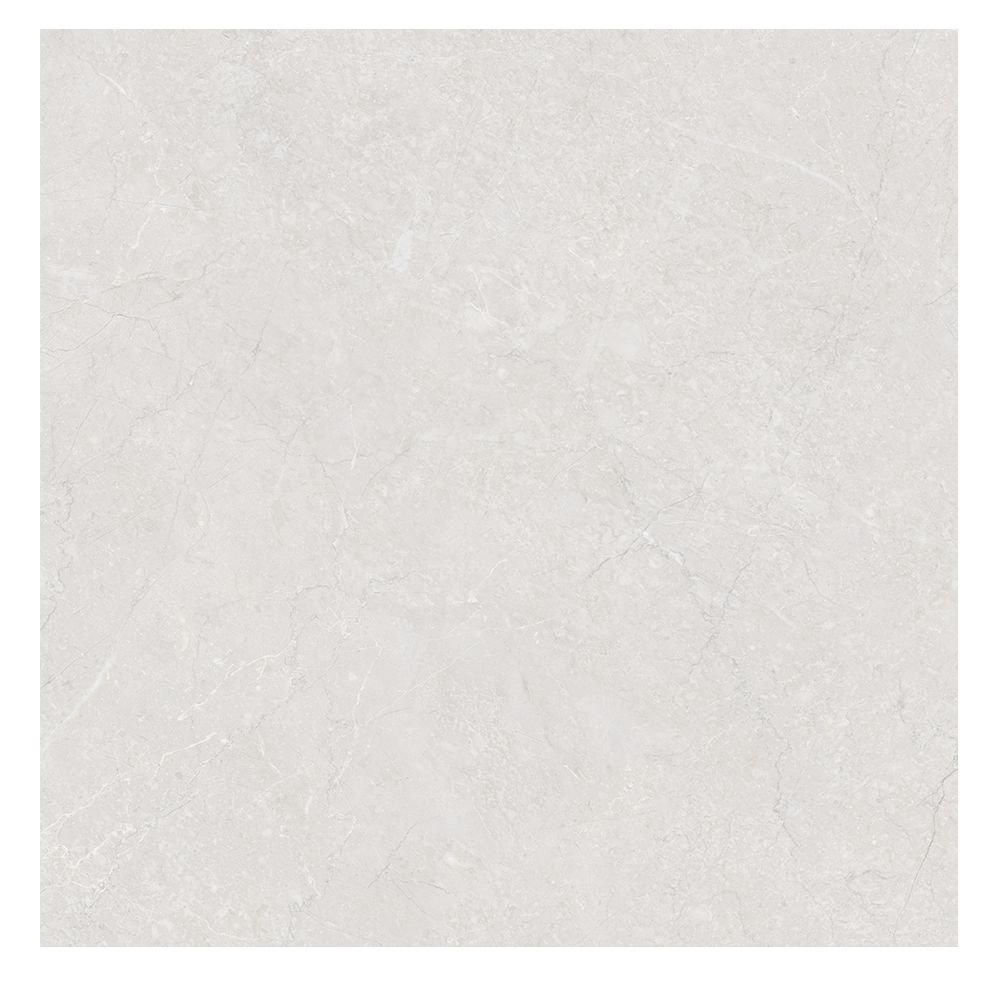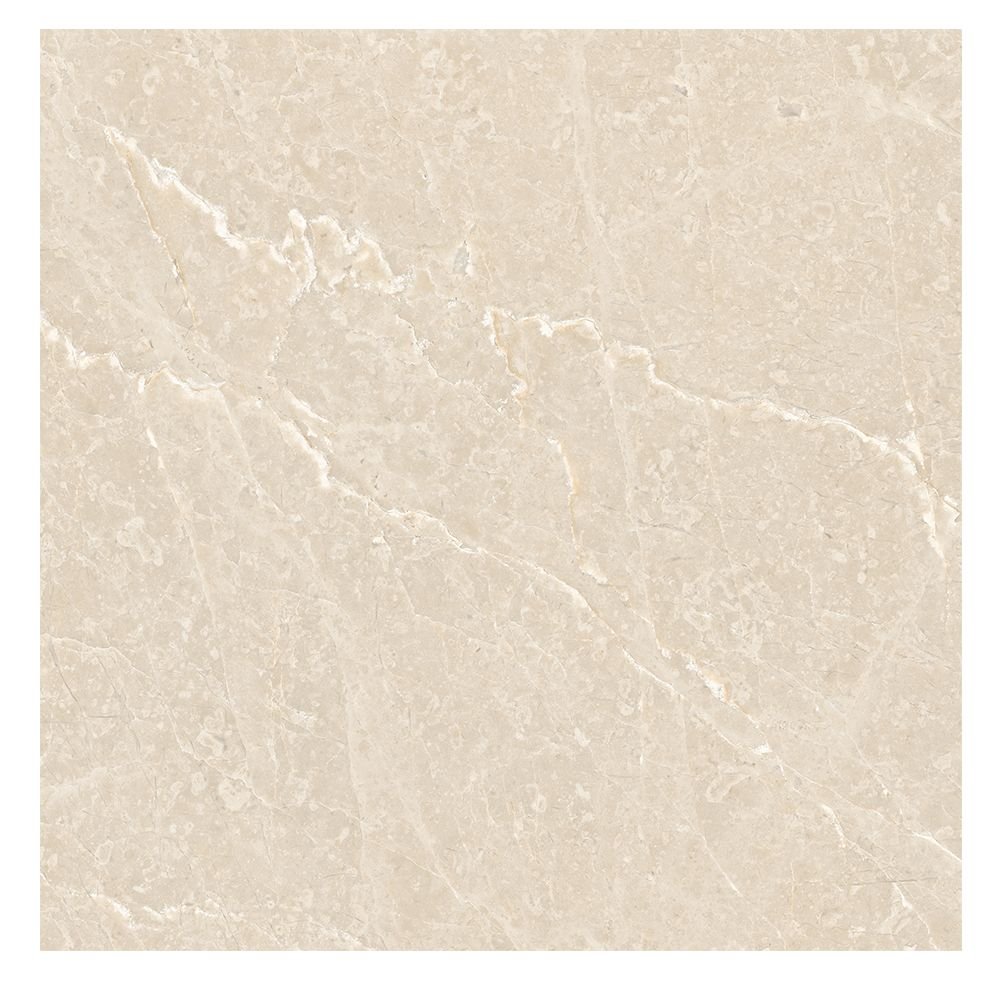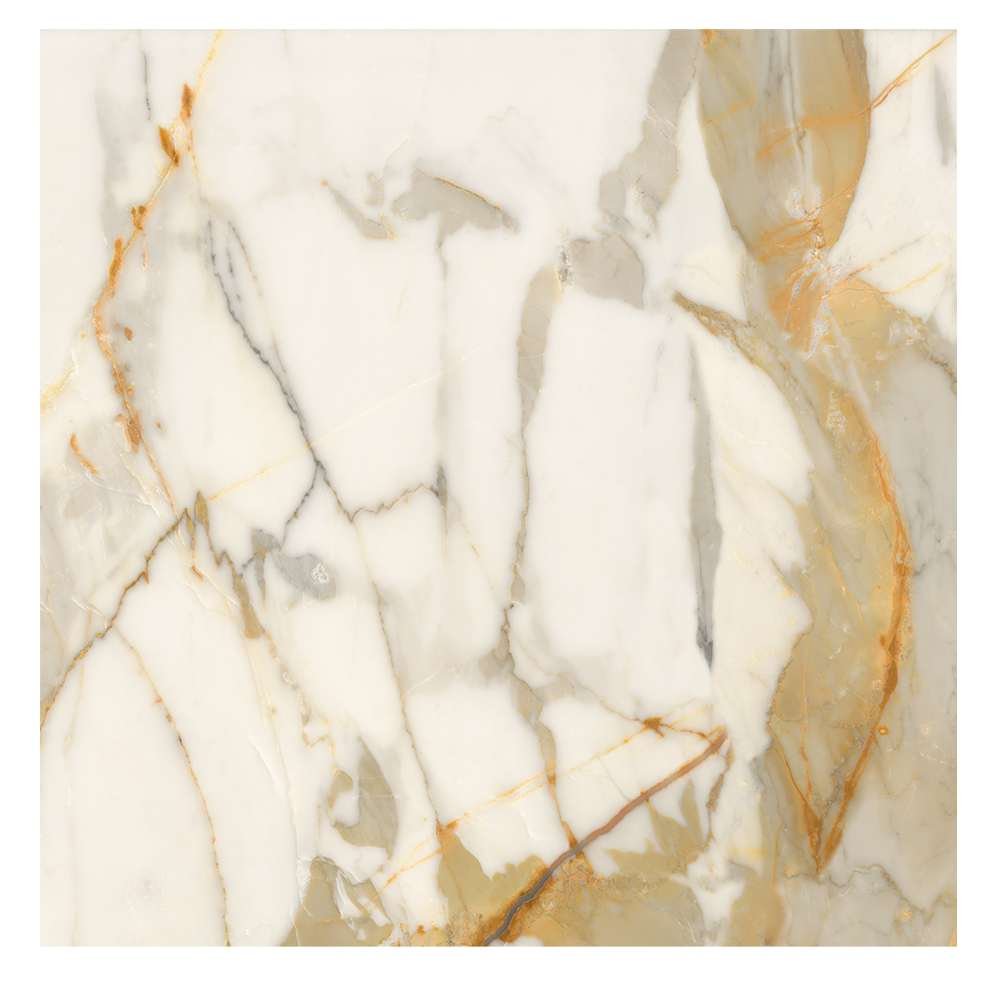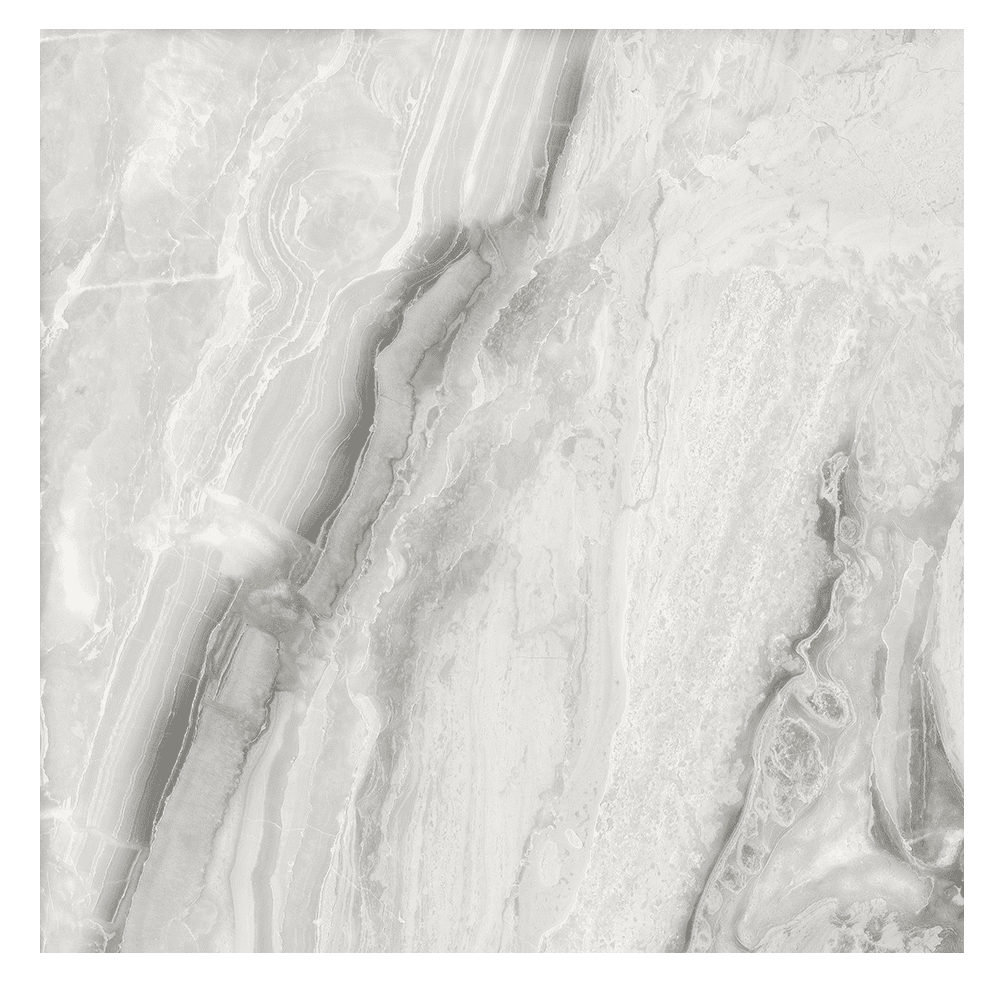Get the perfect look for your floor with our Slim Tiles! With 156+ designs, they’re lightweight and easy-to-install – just 5mm thick. Ramirro Ceramica has brought you a modern and stylish option to refresh any room in your home – get yours today!
What is Slim Tiles?
Slim Tiles are a type of tile that has a thin profile and usually has a thickness between 3mm and 7mm. They are usually made of porcelain, ceramic, or glass, and they are made to be light, strong, and easy to install.
Traditional tiles have a few advantages over slim tiles. For one thing, they are perfect for renovations or remodeling projects where the height of a floor or wall needs to be kept to a minimum. They are also easier to move around and cut, which can speed up installation and save money on labor. Also, their sleek and modern design can help give any room a clean and modern look.
Slim Tiles come in different sizes, shapes, and colors, and they can be used on floors, walls, and countertops, among other places. They are also a popular choice for outdoor projects like patios and pool decks because they don’t get damaged by water, sun, or stains. Overall, Slim Tiles are a flexible and useful option for homeowners and designers who want to make a space that is both stylish and useful.
-
 SINTETICO-GREY Marble Look Porcelain Tiles
SINTETICO-GREY Marble Look Porcelain Tiles -
 SINTETICO BIANCO Marble Look Porcelain Tiles
SINTETICO BIANCO Marble Look Porcelain Tiles -
 SAHARA-GREY Marble Look Porcelain Tiles
SAHARA-GREY Marble Look Porcelain Tiles -
 MYSTIQUE CREMA Marble Look Porcelain Tiles
MYSTIQUE CREMA Marble Look Porcelain Tiles -
 MONTERA RIO Marble Look Porcelain Tiles
MONTERA RIO Marble Look Porcelain Tiles -
 CALCATTA ORO Marble Look Porcelain Tiles
CALCATTA ORO Marble Look Porcelain Tiles -
 APEN SILVER Marble Look Porcelain Tiles
APEN SILVER Marble Look Porcelain Tiles -
 TERRAZZO BEIGE Marble Tile Design for Porcelain
TERRAZZO BEIGE Marble Tile Design for Porcelain -
 TROPICANA WHITE Marble Tile Design for Porcelain
TROPICANA WHITE Marble Tile Design for Porcelain
How do they make thin porcelain tiles?
A process called dry pressing or dry extrusion is used to make thin porcelain tiles. Here are the steps that are taken to make thin porcelain tiles:
Start-up parts: The first step in making tiles is to gather all of the raw materials that are needed. Clay, feldspar, quartz, and other minerals are often found in these things.
Mixing: The raw materials are then mixed together in a big mixer to make a uniform mixture.
Grinding: Next, a ball mill or something similar is used to turn the mixture into a fine powder.
Pressing: A hydraulic press or an extruder is used to press the powdered mixture. In this step, the pressure and temperature used depend on how thick and strong the tile should be.
Drying: After the tiles have been pressed, they are dried in a kiln at high temperatures to get rid of any moisture that is left.
Glazing: The tiles can be glazed to make them smooth and shiny or to add color or texture. The glaze is put on the tile’s surface and then baked at a high temperature in a kiln to make it stick to the tile.
Cutting and finishing: The tiles are then cut to the right size and shape with a water jet cutter or something similar. The edges are then cleaned up and polished to make the tiles look smooth and clean.
After the tiles are made, they are checked for quality and put in boxes so they can be shipped. Thin porcelain tiles are often used on floors, walls, and other surfaces because they are durable, versatile, and have a sleek design.
Can slim tiles break
Slim tiles can break just like any other kind of tile if they are not handled properly or if they are hit hard or put under a lot of stress. But thin tiles are usually made of strong materials like porcelain or ceramic, so they are less likely to break than other kinds of tiles.
One of the best things about slim tiles is that they are thin. This makes them lighter and more flexible than regular tiles. This makes them less likely to break because they are better able to take small hits or stresses without cracking.
Even so, thin tiles can still break if they are not set up correctly or if they are hit hard or put under a lot of stress. To keep tiles from breaking, it’s important to install them according to the manufacturer’s instructions and not drop heavy things on them or push on them too hard.
Overall, thin tiles are less likely to break than other types of tiles, but they can still get damaged in some situations. With the right care and installation, though, slim tiles can be a durable and long-lasting way to cover your floors or walls at home or at work.
Cost of Slim tiles
The price of slim tiles depends on many things, such as the material, size, design, and manufacturer. Most of the time, slim tiles are more expensive than regular tiles because they have features and benefits that regular tiles don’t.
For example, porcelain slim tiles tend to cost more than ceramic slim tiles because they are stronger, last longer, and don’t wear down as easily. The size and thickness of the tile can also affect the price. Generally, larger and thicker tiles cost more than smaller and thinner ones.
Aside from the cost of the tiles themselves, you also have to think about the cost of installation. Slim tiles have to be put in with special tools and methods, which can add to the cost of the project as a whole.
Depending on the things listed above, the cost of slim tiles can range from about $5 to $25 per square foot. But if you want an accurate estimate for your project, you should get a specific quote from a reputable tile supplier or installer.
It’s also important to note that slim tiles may be more expensive than traditional tiles at first, but because they last longer and don’t need to be replaced as often, they can be a more cost-effective choice in the long run.
Where can I get slim tiles?
My personal recommendation would be Ramirro Ceramica is one of the best slim tiles manufacturer from India – You can shop variety of Tiles in your budget. – Download Catalogue
Here are some steps you can take if you want to buy slim tiles for your home or business:
Determine your tile needs: Before you go tile shopping, you should know what size, number, and type of tiles you need for your project. Think about where the tiles will go and how they will be used, as well as your budget and design preferences.
Find out who makes tiles: Look for tile suppliers in your area or online that you can trust. Read reviews and look at ratings to make sure the supplier has a good name for providing good products and good customer service.
View product samples: Most places that sell tiles will give you samples of their products, which can help you get a better idea of their color, texture, and finish. You can see how the slim tiles you’re interested in look and feel in person by asking for samples.
Get a quote: Once you know what kind and how many tiles you need, call the supplier to get an estimate of how much the tiles and any installation fees will cost. Make sure to ask if there are any deals or discounts you can get.
Place your order: You can place your order with the tile supplier if you are happy with the quote and the samples of the product. Make sure to carefully look over the order details to make sure you’re getting the right type and amount of tiles.
Set up the installation. If you don’t want to put the tiles in yourself, you’ll need to set up a professional installer. Ask the supplier if they can recommend an installer, or talk to other contractors in your area to find a reputable installer.
By following these steps, you can make sure you buy high-quality slim tiles that meet your design and functional needs and are installed correctly for the best durability and longevity.
Size available in slim tiles
Slim tiles come in different sizes, depending on who made them and what kind they are. Most slim tiles come in these sizes:
60×120 cm is another popular size for thin porcelain tiles because it has a larger surface area that can be used for both floors and walls.
It’s also important to know that the thickness of slim tiles can vary. Some tiles are as thin as 5mm, others can be as thick as 7mm as well. Your needs and the needs of your project will determine the size and thickness of the tiles you choose.
Is 5 mm good for slim tiles?
Most people agree that 5mm is a good thickness for thin tiles. In fact, many companies make thin tiles with this thickness because it’s a good compromise between durability and flexibility.
Thin tiles, like slim tiles, are preferred because they are easy to install, move, and handle because they are light and flexible. But they should also be strong enough to hold up over time to wear and tear, bumps, and stress.
A thickness of 5mm is usually enough for most uses because it is strong and durable enough for regular use while still being light and flexible. Also, tiles this thick can be put down on top of floors or walls that are already there, which can save time and money during installation.
It’s important to remember that the thickness of the tiles you choose will depend on a number of things, such as their size, how they will be used, and how they will be installed. Talk to a reputable tile supplier or installer to find out what thickness will work best for your project.
Where can I install thin tiles?
Because they are lightweight, durable, and flexible, thin tiles can be used in a wide range of places and ways. Slim tiles are often used in the following places:
Walls: Thin tiles can be used to give the walls of bathrooms, kitchens, living rooms, and other rooms in the house a modern, clean look. They can also be used as a feature wall in hotels, restaurants, and offices, among other places.
Floors: Narrow tiles can be used as flooring in bathrooms, kitchens, and living rooms, among other places. They are also good for high-traffic commercial areas like offices, stores, and public buildings because they are strong and don’t wear down easily.
Backsplashes: Thin tiles can be used as a backsplash in kitchens, bathrooms, and other rooms to make them look clean and modern.
Exterior Cladding: Buildings can have a sleek, modern look with thin tiles used as exterior cladding.
It’s important to note that slim tiles, which are much lighter than traditional tiles, are great for places where weight is an issue. However, it’s important to ensure that the surface to be tiled is properly prepared and levelled before installation, and that the appropriate adhesive and grout are used to ensure a strong and durable finish.
Conclusion
If you are looking for the best quality slim ceramic and porcelain tiles in your country, visit Ramirro as one of the best merchants and manufacturers present who can offer a wide variety of ceramic and porcelain tiles with different designs and patterns. When looking for the perfect tiles, you may end up not finding what you want that suits your needs.
Unfortunately, most tile stores present potential customers with the problem of having many options but not enough price range. Ramirro Ceramica offers consumers a solution: with them you can find almost any design in your price range. Whether you are looking for ceramic tiles or porcelain tiles, if you want to find the best place offline and online, go for Ramirro Ceramica as they have a wide variety of choices to suit your budget. See our buy now page for more details.
- 5 Steps to Install Ceramic Tiles on Your Bathroom Walls with Basic Tools
- Best Bathroom Flooring Tiles Ideas 2023 | Latest Tiles Trends
- BEIGE Full Body Tiles
- Tiles Austrialia: Top Best Porcelain Floor and Wall Tiles | 5127+ New Designs
- Best Bathroom Wall, floor, Shower Tiles Collection 2023 | Shop Online


